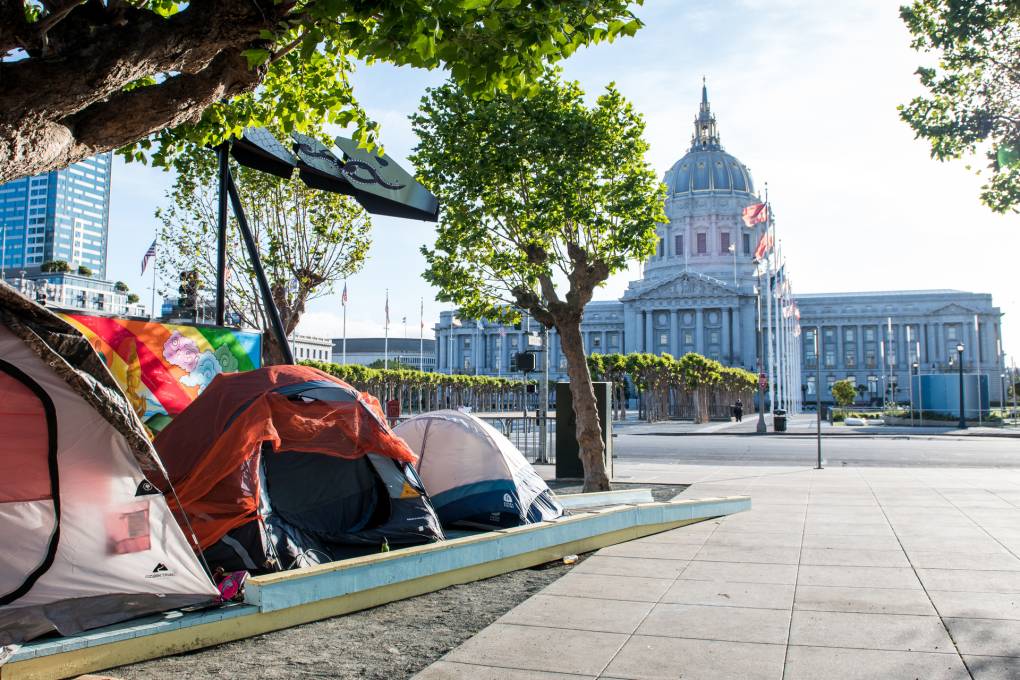A growing number of Americans think San Francisco is unsafe.
Mayor London Breed — who’s up for reelection next year — has recently been working hard to change those perceptions through several revitalization projects that target the city’s downtown and her stance on holding people accountable who break the law by increasing the police department’s budget.
In regards to vacancies downtown, Breed recently told business leaders at a meeting at the SF Chamber of Commerce last Monday that office-use in the area has risen by more than 40% since last July. She also spoke at an opening ceremony for the new Ikea on Market Street, an area of the city that’s seen a major drop in retail. Her administration further unveiled a wave of pop-up businesses set up inside downtown storefronts.
This week, Breed spoke to KQED’s Rachael Vasquez about various planned projects aimed at revitalizing San Francisco’s downtown, her thoughts on former land-use commissioner Alex Ludlum’s abrupt resignation, and which proposals residents will see movement on in the coming weeks at City Hall.
This interview has been edited for length and clarity.


